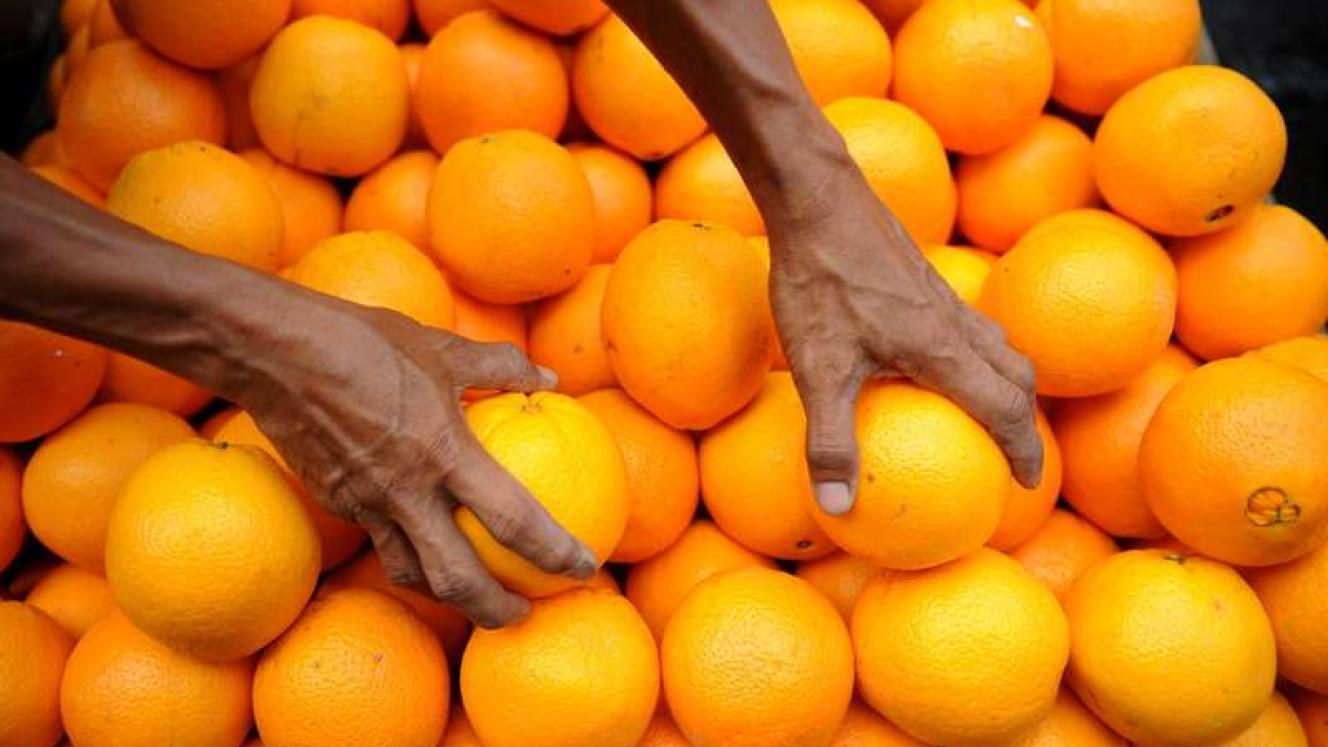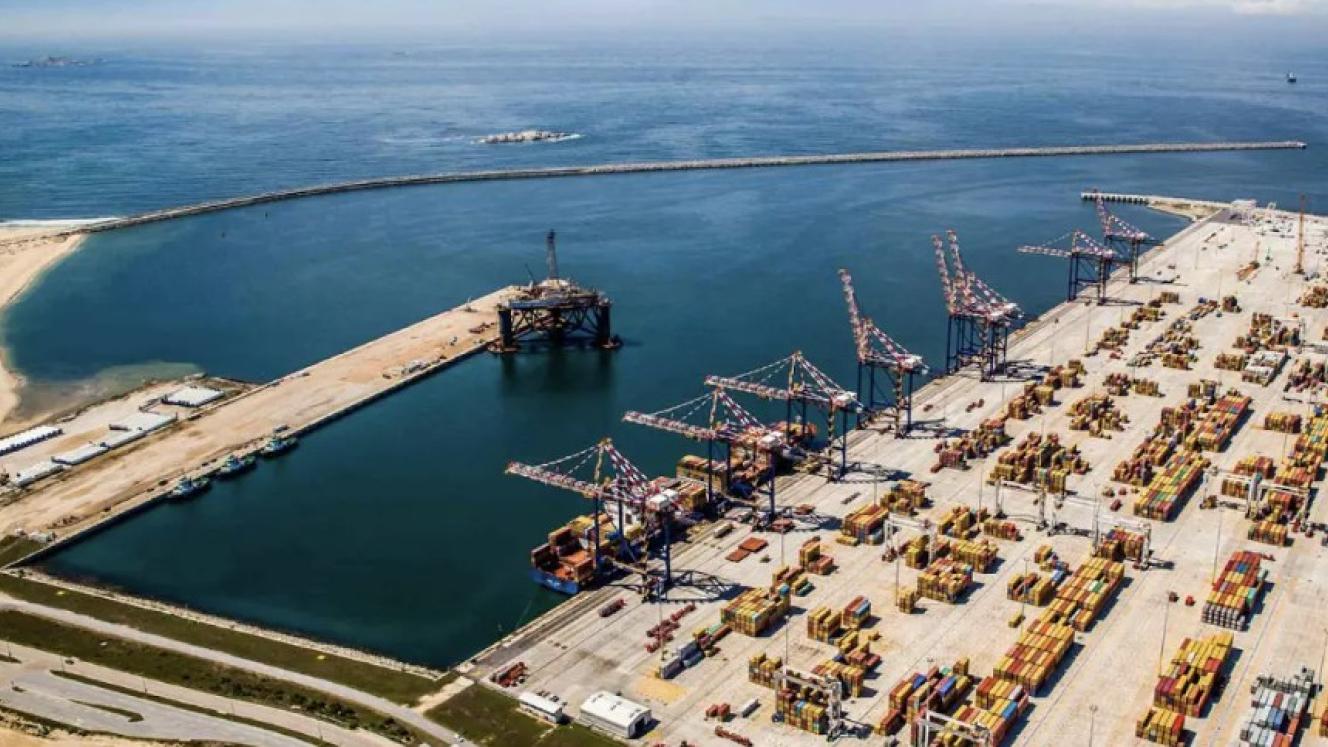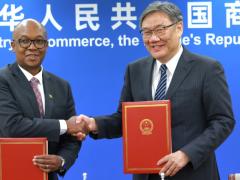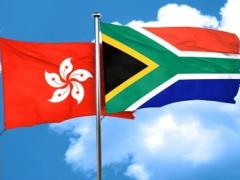The Citrus Growers Association of South Africa (CGA) has called on the government to urgently intervene to resolve its European Union orange export dispute to avoid hundreds of millions of rands in losses.
CGA CEO Justin Chadwick said on Wednesday that the association had written to Minister of Trade, Industry and Competition, Ebrahim Patel, requesting that he urgently call for the establishment of a World Trade Organization (WTO) panel to adjudicate on the new False Codling Moth (FCM) regime governing the importation of South African oranges to the region. The association has warned that if the issue is not resolved before the 2023 export season starts, growers face hundreds of millions of rands in losses that will place the sustainability of the entire industry at risk.
The CGA’s latest call follows a stalemate between the government and the EU after the Department of Trade, Industry and Competition lodged a dispute at the WTO in July last year, which led to several unfruitful consultations.
The association holds the view that the cold treatment prescribed within the new regulations is contrary to scientific evidence, making it an “arbitrary and unnecessarily trade-restrictive measure” that contravenes international requirements for phytosanitary trade regulations. It estimates that the measure added more than R200 million in extra costs to the citrus industry in 2022 and that the financial consequences will spiral in 2023.
A recent study conducted by the Bureau for Food and Agricultural Policy (BFAP) estimates that if the EU continues to enforce the new regulation, additional costs and loss of income will amount to more than R500m in 2023, while an investment in cold storage technology and capacity of nearly R1.4 billion will be required to enable full compliance. This would pose a major threat to the future sustainability and profitability of the industry that sustains more than 140 000 jobs and generates R30bn in export revenue annually.
The CGA said the South African government had presented evidence during the consultation process that the country’s existing and stringent FCM risk management system ensured that 99.9% of oranges entering the EU were pest free. There were only two FCM interceptions detected in more than 350 000 tons of oranges shipped to the region in 2022.
“We understand the matter was also raised during last week’s high-level engagements between senior EU and South African government officials with no positive outcome,” Chadwick said.
“It is clear that political intervention at a ministerial level is required to ensure the major threat that the new regulations pose to the upcoming 2023 citrus season is resolved as a matter of priority,” he said.
“With the export of oranges starting in May, we still have a short window to rescue this serious situation. We have therefore written to Minister Patel with an urgent appeal to call for the establishment of a WTO panel to adjudicate on the matter,” Chadwick said.
The association believes that convening a WTO panel is the only option to put a stop to what is “clearly nothing more than a politically motivated move” by unions within the Spanish citrus industry to decimate the businesses of thousands of South African growers and the livelihoods they support.













